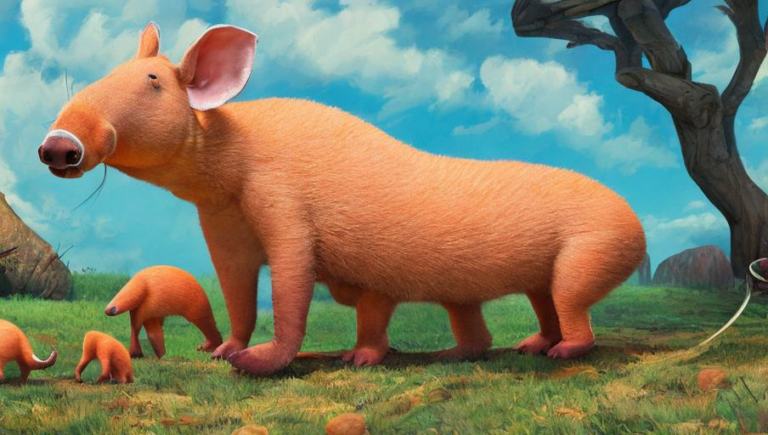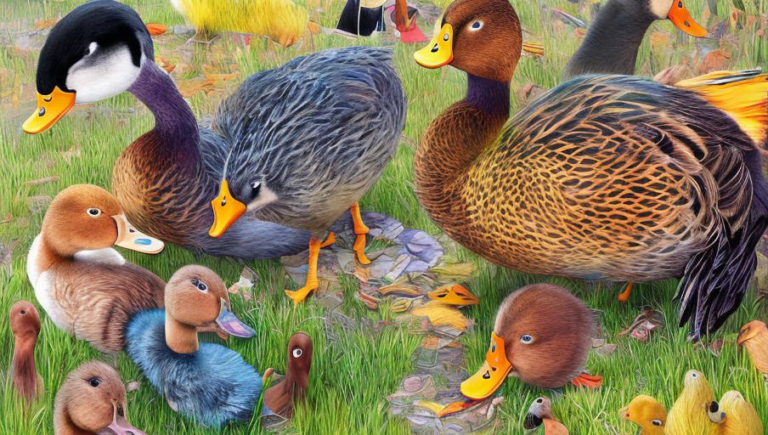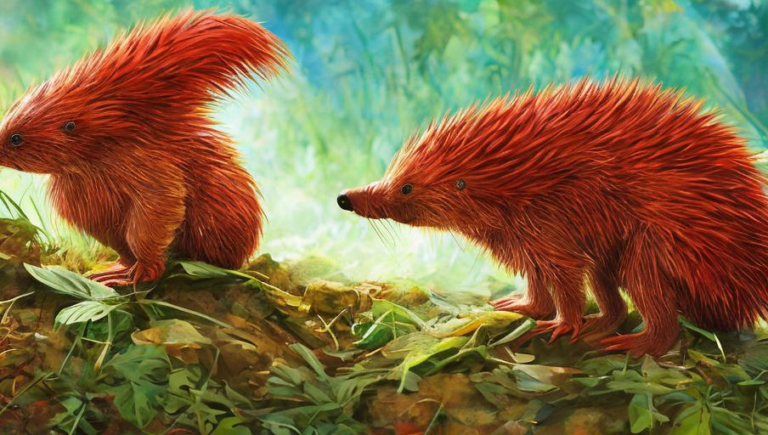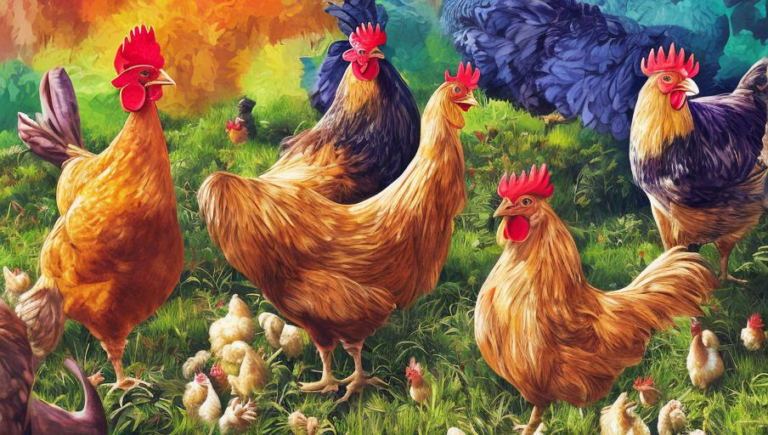Uncovering the Undiscovered World of Bee Pollination
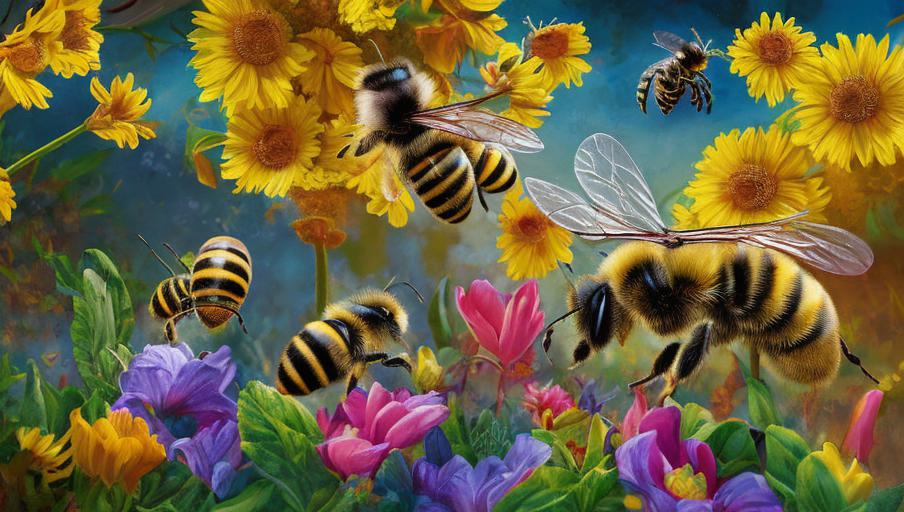
The Power of Bee Pollination
The world of bees and pollination is often hidden from the public eye, but it is an impressive natural process that plays a critical role in our environment. Bees are essential to the pollination of plants, which helps them reproduce and provide food for other animals and humans. Pollination also helps to maintain genetic diversity of plant species, which helps to protect them from disease and climate change.
The Magnitude of Bee Pollination
The magnitude of bee pollination is impressive. Bees are responsible for pollinating over 75% of all of the flowering plants in the world. In the US alone, bees are responsible for pollinating over $15 billion worth of crops each year. Furthermore, pollinators are essential for maintaining the health of ecosystems, as they are responsible for the reproduction of plants, which in turn helps maintain habitats for other animals.
The Decline of Bee Populations
Unfortunately, bee populations are in decline due to a variety of factors, such as habitat loss, pesticide use, and climate change. This has caused a decrease in the number of pollinators and has led to a decrease in the amount of pollination occurring. As a result, plants are not able to reproduce and there is a decrease in the genetic diversity of plants. This can lead to an increase in disease in plants as well as a decrease in food production, which can have an effect on the human population.
What Can We Do To Help?
There are many things that can be done to help preserve and protect bee populations. One of the most important is to create and maintain habitats for bees. This can be done by planting native flowers and plants that are attractive to bees. Additionally, it is important to reduce the use of pesticides and to avoid using them when possible, as they can be harmful to bees. Finally, it is important to educate the public about the importance of bee pollination and how to protect bee populations.
The Benefits of Bee Pollination
The benefits of bee pollination are far reaching. Bees are an essential part of our environment and are responsible for providing food for many species. They are also essential for maintaining genetic diversity in plants, which helps to protect them from disease and climate change. Furthermore, they help to maintain habitats for other animals and help to maintain the balance of our ecosystems. Finally, they are responsible for pollinating crops and provide over $15 billion worth of pollination services each year in the US alone.
Conclusion
The importance of bee pollination cannot be overstated. It is essential for maintaining the health of our environment and for providing food for many species. Furthermore, it is essential for maintaining genetic diversity in plants and for pollinating crops. Unfortunately, bee populations are in decline due to a variety of factors, and it is important that we take steps to protect them. We can do this by creating and maintaining habitats for bees, reducing the use of pesticides, and educating the public about the importance of bee pollination.
